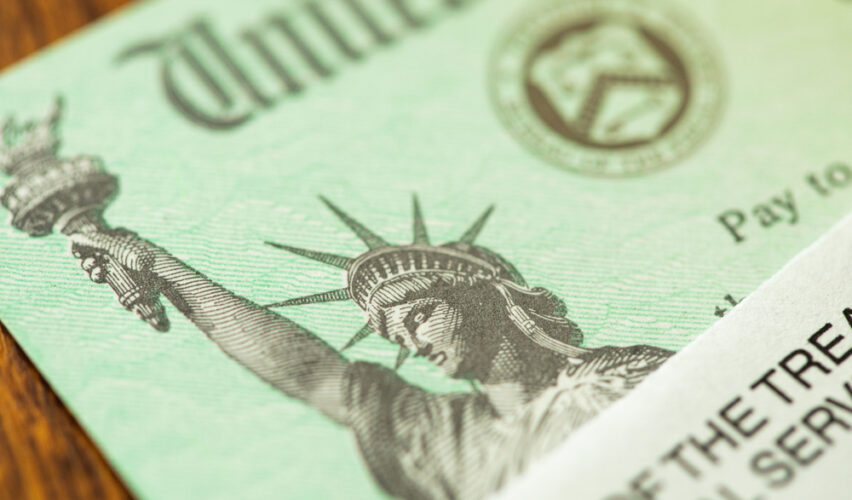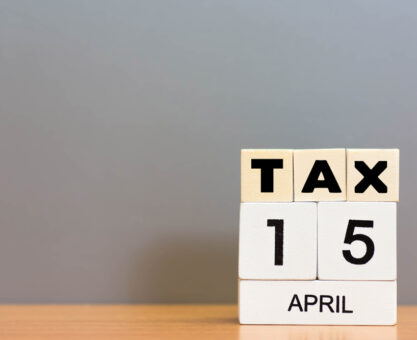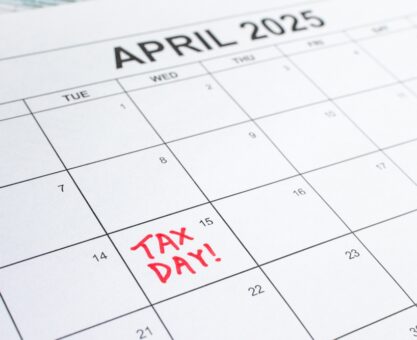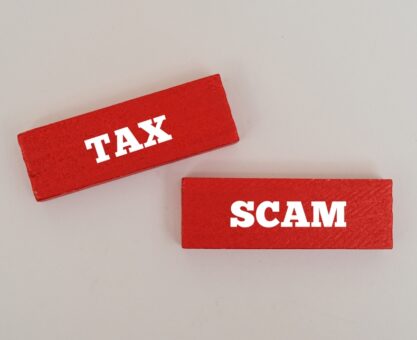Thanks to the Recovery Rebate Credit (RRC), one million taxpayers will receive up to $1400 by the end of January 2025. Also known as stimulus checks, the credit is for those who did not claim the RRC for tax year 2021.
As announced by the Internal Revenue Service (IRS), “In December 2024, the IRS began issuing payments to eligible people who did not claim the Recovery Rebate Credit on their 2021 tax returns. All payments should be received by late January 2025, and taxpayers do not need to take any action to receive these payments.”
Who Is Eligible for The RRC?
The RRC is for people who did not receive the full amount of their pandemic stimulus checks also known as Economic Impact Payments (EIPs). During the COVID-19 pandemic, Americans received a total of three stimulus checks (EIPs). The first two were sent out in 2020 and the third in 2021.
The majority of eligible taxpayers have already received their stimulus checks however the IRS has found that approximately 1 million overlooked claiming the credit by leaving the Recovery Rebate Credit field on their 2021 tax return blank or by writing “$0.” According to the IRS, if you haven’t filed your 2021 tax return yet, you might still be eligible for the refund but you must file and claim the RRC by April 15, 2025.
“Or, you may want to use the windfall to start an emergency fund for retirement.”
What To Expect If You’re Eligible For The RRC
If you’re eligible, you don’t need to do anything because your payment will be automatically deposited directly into the bank account that you listed on your 2023 tax return or sent by paper check via USPS. The amount of payments will vary depending on your income, filing status, and number of dependents.
Consider Using Your RRC For Retirement
If you’re among the million taxpayers set to receive a Recovery Rebate Credit for as much as $1,400 by the end of January 2025, consider using it to grow your retirement nest egg. Since the IRS does not set a minimum deposit for opening a traditional IRA or a Roth IRA, you can open an account and set up automatic payments. Keep in mind that some financial institutions may require a minimum deposit to open an IRA. Or, you may want to use the windfall to start an emergency fund for retirement or help pay down credit cards after holiday spending.
For more advice on how your RRC and other unexpected cash gifts can help build your retirement nest egg, connect with an FRC® trained advisor in your area.


























